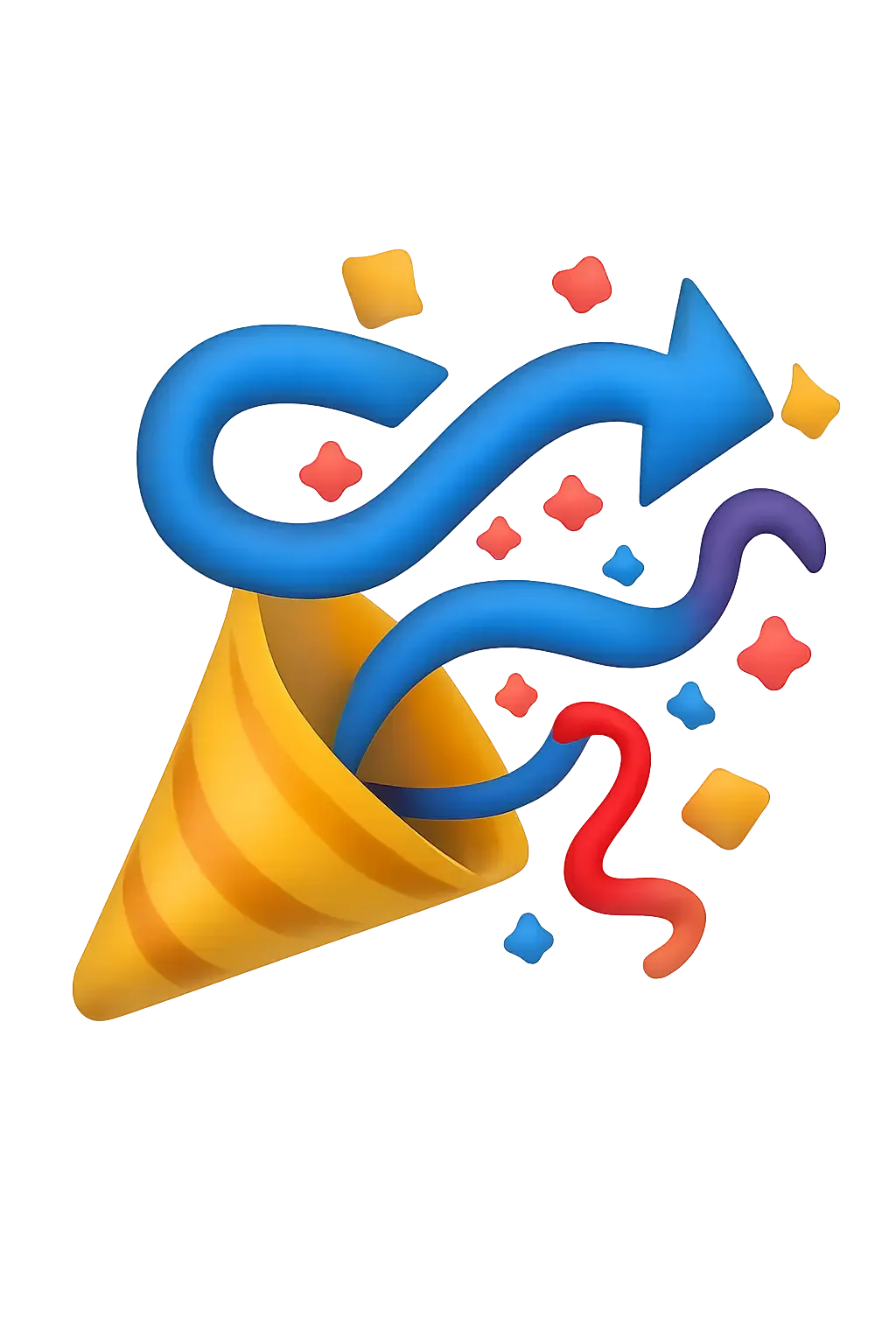🔁🎉 Operant Conditioning
How rewards & consequences shape behaviour and how Jolt uses both to build better habits.
Introduction
Operant Conditioning is a core theory in behavioural psychology. It states that behaviour is shaped by its outcomes:
- When an action is followed by a reward, we’re more likely to repeat it.
- When it’s followed by a punishment or friction, we’re less likely to do it again.
This feedback loop forms the foundation of habit building — and habit breaking.
Why it matters to you
Much of your screen time is driven by reinforcement:
- Every like, comment, or scroll is a mini-reward,
- Every tap that leads to stimulation becomes a trained behaviour.
But that also means your brain is trainable and your habits can be reshaped.
To do that, you need the right structure:
→ Positive reinforcement for good behaviours,
→ Gentle friction for the ones you want to reduce.
How Jolt uses this science to help you
Jolt uses Operant Conditioning to help you feel rewarded for focus and gently nudged away from distraction:
-
1. Streaks & Celebrations
Every time you stay within limits or complete a session, your streak grows and you’re visually rewarded with badges, affirmations, or progress tracking.
→ This reinforces consistency and motivates sustained behavior.
-
2. Micro-Frictions
Small delays (like snooze wait timers or breathing screens) make distracting behaviors less satisfying.
→ Over time, these subtle “punishers” reduce how often you act on impulse.
Habits don’t just happen.
They’re trained and Jolt trains yours to work for you.
